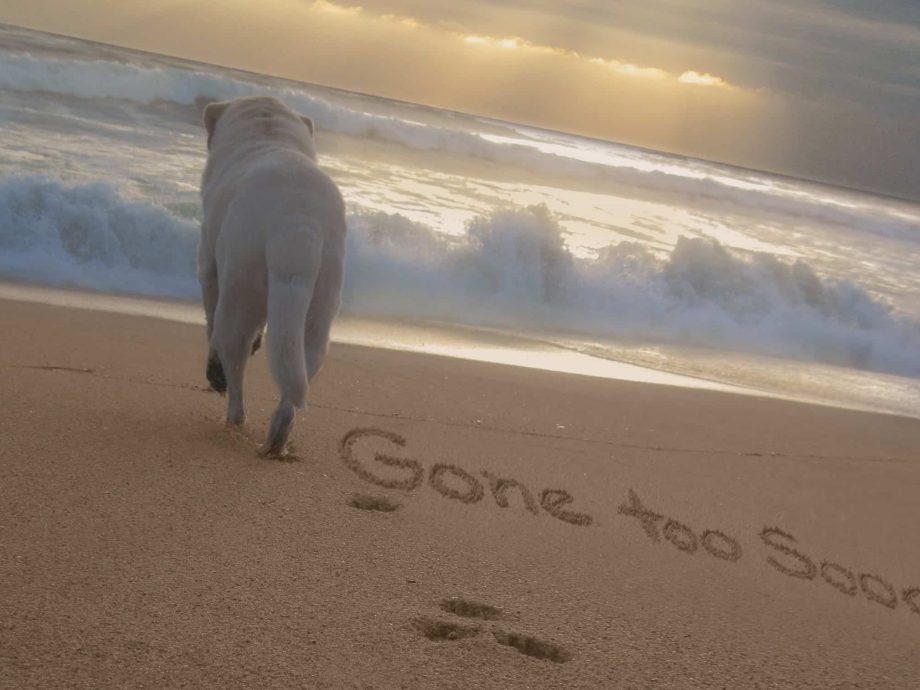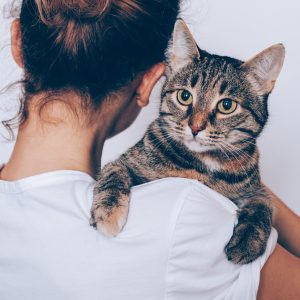Many people who don’t have pets struggle to understand why the loss of a pet can cause so much pain. However, most people who have gone through the loss of a pet know the pain that this situation causes. Every person will have a different way of dealing with the grief and this situation can create a roller-coaster of emotions including pain, denial, guilt, anger, and sadness.
It is common to go through a denial process, soon after the pet leaves us, given that suddenly, all the shared moments are taken away from you. The daily walks, feeding time, watching TV with your pet on the sofa, the greetings when you come home, or just the feeling that he or she is always around. It may even be difficult to think about getting another pet, since it may feel like you are not being loyal to your lost one.
A sense of guilt can occur because some people may feel like they are somehow responsible for the death of their pet. This is clearly not the case, since whether it is because of a disease or because of your pet’s old age, you will have looked after your pet the best way possible.

Here are some tips to try to understand and accept the pain you are suffering.
– The pain is completely justified. Losing a pet is very painful. It is normal to feel extremely sad for this. You do not have to force yourself to feel happy.
– You can speak about your feelings with your loved ones. Especially with the family that is in the same situation as you are.
– Some people do not understand the pain you may feel for the loss of a companion. Do not be affected by comments of people that may not have gone through the same or may not understand this feeling.
– Say goodbye to your pet. Some people decide to incinerate or bury the pet so that you can bring closure and help moving on.
– If your pet is ill and your vet considers that the kindest is euthanasia, you will have to face a difficult final decision. In this case always consider your pet’s wellbeing and do not prolong an untreatable disease causing pain or distress only because it is painful for you. You may want to be with your pet until the very last moment, or you may prefer to avoid being present during euthanasia, this is a very personal choice with no right or wrong. Some veterinary surgeons may give you the option of having your pet euthanised at home, which may also help you to make the situation less difficult as your pet will be in his/her own environment.

With time, the pain will get better and will leave space to keep the memories and good times you had with your companion. However, if you find yourself in the situation where you cannot move on from the loss of a pet, you can contact your veterinary surgeon to look for advice, and there are also many pets’ bereavement resources that will provide help…
https://www.rspca.org.uk/adviceandwelfare/pets/bereavement
https://www.bluecross.org.uk/pet-bereavement-and-pet-loss








